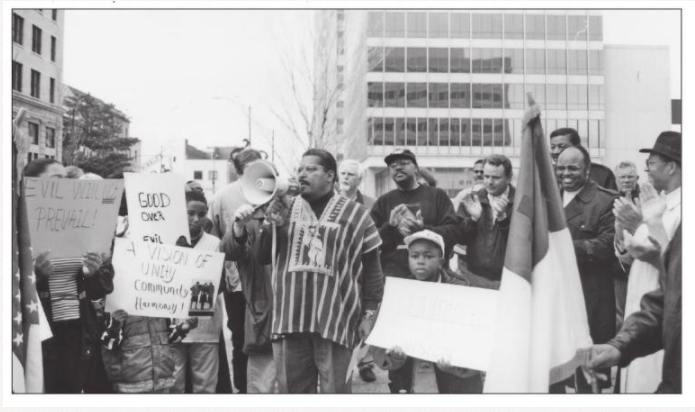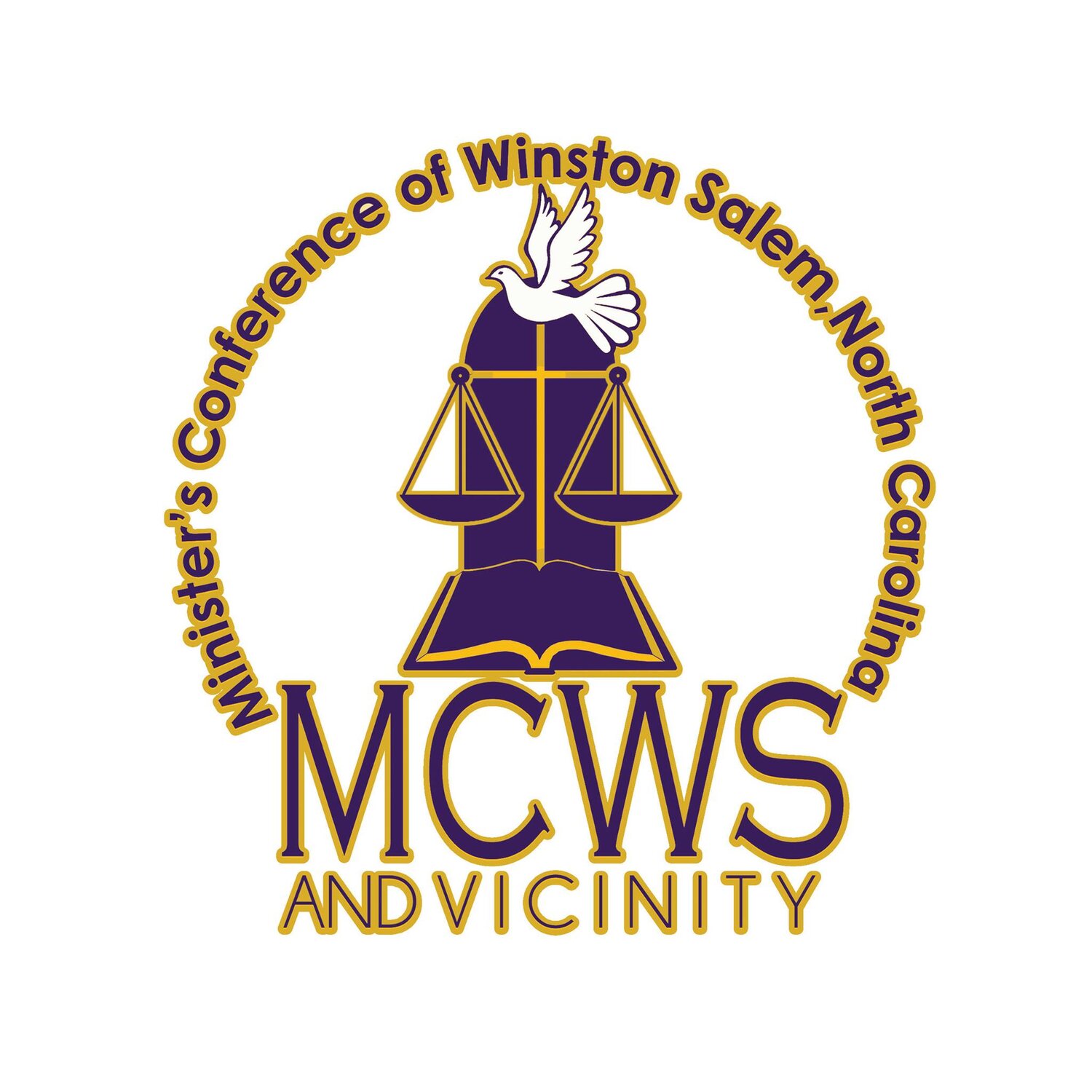
History
For inquire, please, of bygone ages, and consider what the fathers have searched out. For we are but of yesterday and know nothing, for our days on earth are a shadow Job 8:8
May 5, 1930
The late Dr. R.M. Pitts, Sr., Pastor of Shiloh Baptist Church called together all of the Baptist ministers and local preachers for the purpose of organizing a Baptist Ministers’ Conference. The first meeting was designed to promote Christian fellowship among the community’s Baptist ministers.
The following ministers were present at that first fellowship gathering:
Rev. R.M. Pitts, Pastor - Shiloh Baptist Church
Rev. J.C. White, Pastor - First Baptist Church
Rev. J.H. Hamlin, Pastor - New Bethel Baptist Church
Rev. R.L. Files, Pastor - Mt. Zion Baptist Church
Rev. T.C. Phillips, Pastor - First Calvary Baptist Church
Rev. Edward Gholson, Pastor - First Institutional Baptist Church
Rev. Chandler, Pastor - Second Calvary Baptist Church
Rev. P. Joyce, Pastor - Waughtown Baptist Church
Rev. Bass, Pastor - Mt. Olive Baptist Church
Rev. J. W. Jones, Associate Minister - First Baptist Church
Rev. B. M. Summers, Pastor - Boxwood Baptist Church
May 12th, 1930
The conference had their first meeting, and Rev. Edward Gholson was chosen to preach the first sermon. His subject was “The Unhideable Christ,” and Gholson grounded his sermon in Mark 7:24
And from thence He arose, and went into the borders of Tyre and Sidon, and entered into a house, and would have no man know it; but he could not be hid." His three points were: He could not be hid because of His Love; He could not be hid because of Who He Was; and He could not be hid because of What He Did.
Mark 7:24
The first elected officers were:
Rev. R. M. Pitts, President
Rev. R. L. Files, Vice President/Treasurer
Rev. Bass, Temporary Secretary
1940s-1970s
At the turn of the 1940s, as the Civil Rights Movement began to take hold, the Ministers Conference used their community connections and separation from the white power structure as a foothold to expand into Community Leadership. Along with the NAACP, led under Rev. JT MacMillan, they were the main leadership source throughout the Civil Rights struggle. The Conference was integral to desegregating the police and fire departments in Forsyth County, enabling African Americans to try on clothes in the stores where they shopped, and tearing down Jim Crow on both the local and national level by raising money in services for arrested protesters. The Conference also sponsored Martin Luther King's visit at Goler AME in the sixties.
In 1969, Dr. A. H. McDaniel introduced Four Churches worship service to break down religious barriers.
The organizing ministers were:
D. W. Browning of St. John CME
Dr. Sir Walter Mack, Sr. of Emmanuel Baptist Church
Dr. Jerry Drayton of New Bethel Baptist Church
1970s & 1980s
At the turn of the decade, the conference’s leadership style became more confrontational, and it began to expand its influence to the entire community
Dr. Carlton Eversley of Dellabrook Presbyterian Church and Dr. John Mendez of Emmanuel Baptist Church joined the Conference in the 1980s and became well-known for their social justice work. Some of the conference’s projects in the 1980s specifically included the collection of over $10,000 for Darryl Hunt’s exoneration and advocacy and fundraising anti-apartheid effort.
